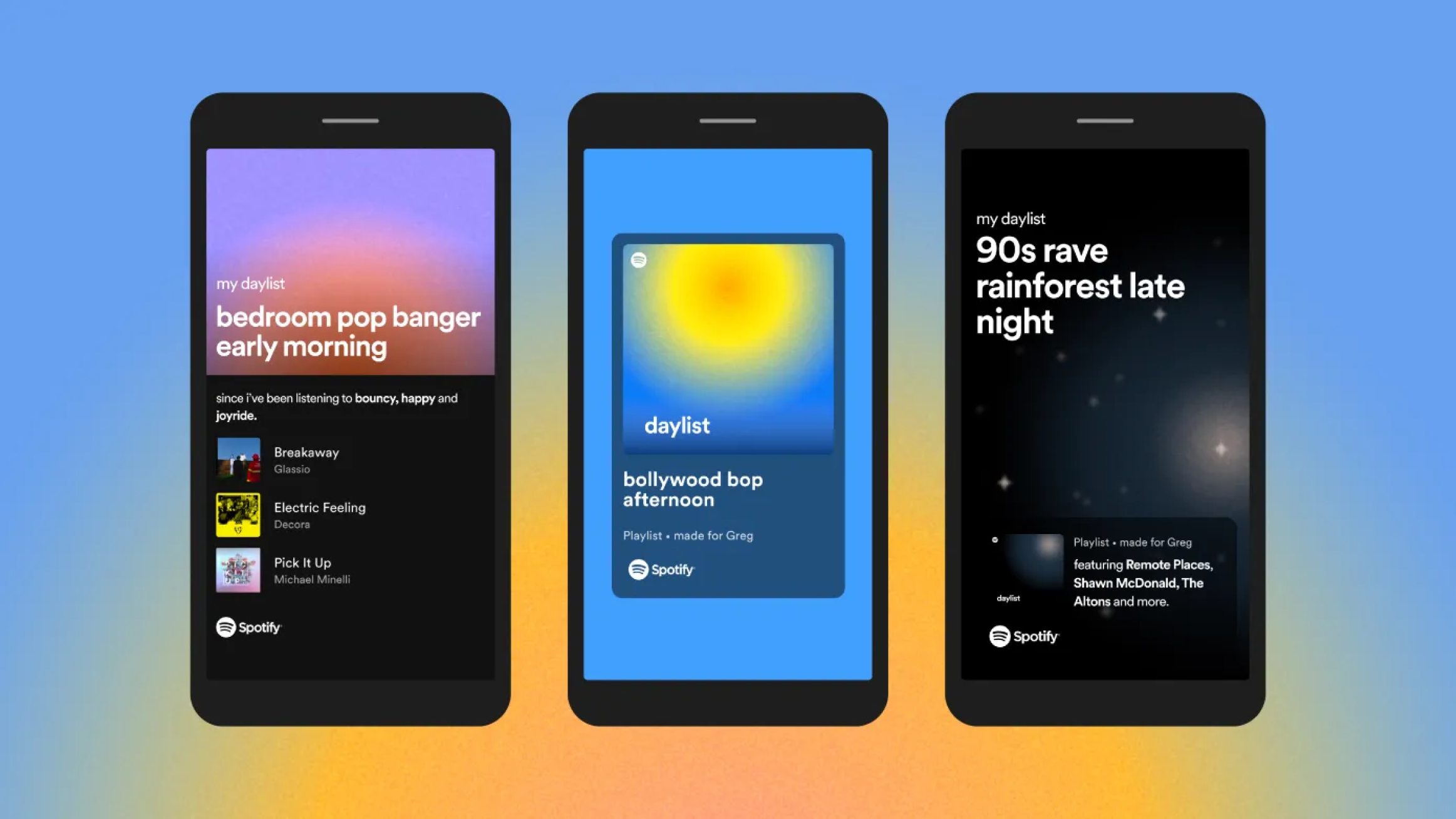Leveraging Data Analytics for Smarter Marketing Decisions
Data-Driven Marketing
In the digital age, data is more than just numbers; it’s the backbone of smart marketing decisions. Understanding consumer behavior through data analytics has become critical for businesses looking to succeed. This section of the blog post explains the importance of data in deciphering consumer preferences, predicting market trends, and making informed decisions. It underscores how data-driven insights enable marketers to craft strategies that are not just creative but also precisely targeted and highly effective.
Tools and Techniques
Data analysis in marketing is both an art and a science, requiring the right set of tools and techniques. This segment introduces some of the key tools – from Google Analytics to more advanced AI-driven platforms – that help in collecting, analyzing, and interpreting consumer data. Techniques such as predictive analytics, customer segmentation, and sentiment analysis are discussed, highlighting how they enable marketers to understand their audience at a deeper level and anticipate market shifts.
Case Studies
Case Studies
Case Study 1
LEGO's Targeted Marketing Campaigns
LEGO implemented data-driven marketing to tailor its campaigns, focusing on customer interests and engagement patterns.
Implementation: By analyzing consumer data, LEGO identified key demographics and preferences, allowing them to create targeted marketing campaigns across various digital platforms.
Results: This approach led to higher engagement rates, more effective ad spending, and increased customer loyalty, as campaigns resonated more closely with LEGO's diverse consumer base.
Case Study 2
Sephora's Data-Driven Personalization
Sephora used data analytics to enhance customer experience through personalized marketing efforts, both online and in-store.
Implementation: Utilizing customer purchase history and preferences, Sephora offered personalized product recommendations and tailored email marketing campaigns.
Results: This personalized marketing strategy improved customer experience, increased repeat purchases, and boosted overall sales, showcasing the power of data in creating relevant and effective marketing communications.
Case Study 3
Spotify's Personalized Playlists
Spotify excels in using customer segmentation and predictive analytics to offer personalized playlist recommendations to its users.
Implementation: Leveraging big data and machine learning algorithms, Spotify analyzes listening habits to create customized playlists like "Discover Weekly" and "Daily Mix."
Results: This personalized approach has significantly increased user engagement and loyalty, leading to higher retention rates and premium subscriptions.
Each case study demonstrates how data analytics can fuel successful marketing strategies, providing tangible examples of how businesses can use data to gain a competitive edge.
Ready to Harness the Power of Data in Your Marketing Strategy?
Eager to see how data analytics can transform your marketing efforts? Visit our site to explore our data-driven marketing services. Let us help you unlock the potential of data in crafting strategies that resonate with your audience and drive your business forward.



